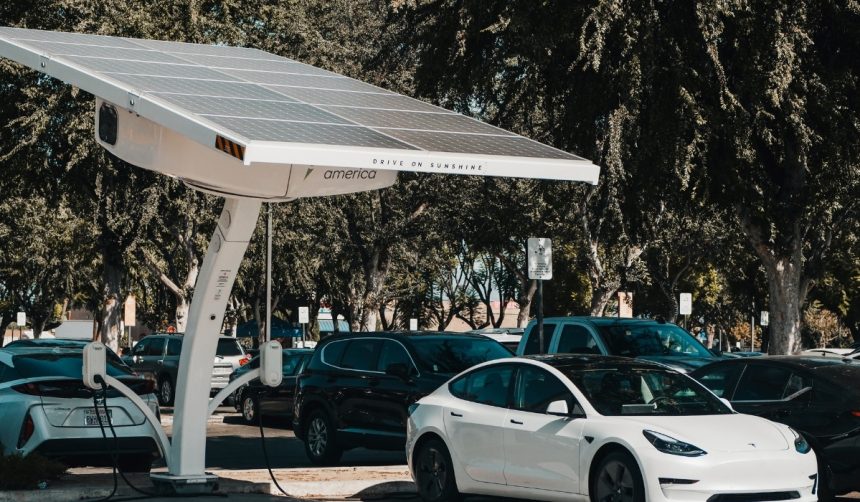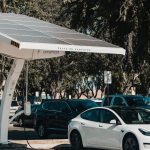Investors and market observers are watching closely as the California Public Employees’ Retirement System (Calpers), one of America’s largest pension funds, has publicly rejected Elon Musk’s proposed 2025 CEO performance award at Tesla. As the debate over executive compensation intensifies, Calpers’ opposition takes center stage in the lead-up to Tesla’s critical shareholder meeting at Giga Texas. The pension fund’s stance underscores broader worries about CEO influence and corporate governance in high-profile technology firms. These concerns are not isolated, as similar apprehensions have surfaced in earlier discussions around Musk’s compensation packages.
Earlier coverage of Tesla’s executive compensation raised questions about the alignment of such large incentive packages with long-term shareholder interests. Previous reporting detailed Calpers’ criticism of Tesla’s 2018 performance-based plan, with objections centered around its perceived ambitious targets and the resulting concentration of power. The $56 billion package for Musk, which faced substantial legal scrutiny and was ultimately struck down in Delaware court, also demonstrates controversy surrounding performance-linked pay at Tesla. The repetition of these disputes suggests persistent concerns over governance standards and accountability in executive compensation.
What Motivated Calpers to Oppose the Tesla Plan?
Calpers announced its intention to vote against Musk’s 2025 compensation package, citing the magnitude of the deal compared to industry norms and its impact on shareholder democracy. With its approximately 5 million Tesla shares, Calpers highlighted that such awards could overly consolidate corporate control and influence in a single individual.
“The CEO pay package proposed by Tesla is larger than pay packages for CEOs in comparable companies by many orders of magnitude. It would also further concentrate power in a single shareholder,”
a Calpers spokesperson said, reflecting apprehensions shared among institutional investors.
How Does Musk Respond to Concerns Over Control?
Elon Musk has repeatedly defended his compensation structure and the intentions behind it. While the 2025 award may position Musk to potentially become a trillionaire, Tesla set rigorous operational and financial milestones for him to qualify for the award. Musk argues that the package is not motivated by financial gain, but rather by the desire to ensure his ability to guide Tesla’s direction.
“If I can just get kicked out in the future by activist shareholder advisory firms who don’t even own Tesla shares themselves, I’m not comfortable with that future,”
Musk stated in a social media post, underscoring his concerns regarding external influence on his leadership.
What’s at Stake for Tesla and Institutional Shareholders?
The upcoming vote at the November 6 shareholder meeting will directly affect Tesla’s governance structure and executive control. Corporate officials believe the outcome will shape the company’s long-term trajectory, as it addresses both internal leadership stability and broader questions about checks and balances within major tech companies. The tension points to an ongoing struggle among stakeholders with differing priorities regarding the best path for Tesla’s continued growth.
Scrutiny of executive compensation, particularly when tied to extraordinary performance goals, can serve as a catalyst for changes in corporate governance practices industry-wide. For readers monitoring Tesla’s developments, understanding Calpers’ objections provides insight into how powerful shareholders can influence company policy and shape executive behavior. Investors seeking to navigate similar debates should consider both the incentives built into compensation packages and the broader implications for accountability and control within large enterprises. Excessive concentration of power in CEOs often draws extended reviews by regulators and shareholders alike, with company fortunes closely tied to the leadership and decisions of a small number of individuals.
- Calpers openly opposes Musk’s 2025 CEO performance award at Tesla.
- Tesla’s board set ambitious targets linked to Musk’s compensation eligibility.
- Shareholders will vote on the package at the upcoming November meeting.










